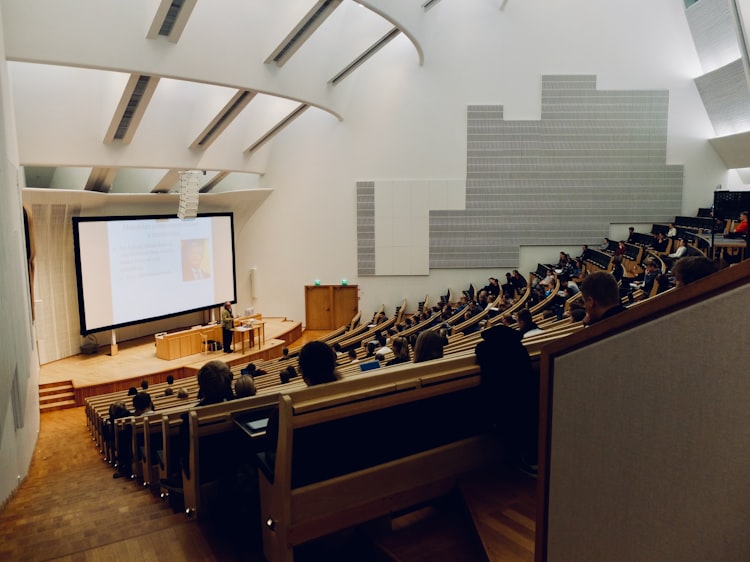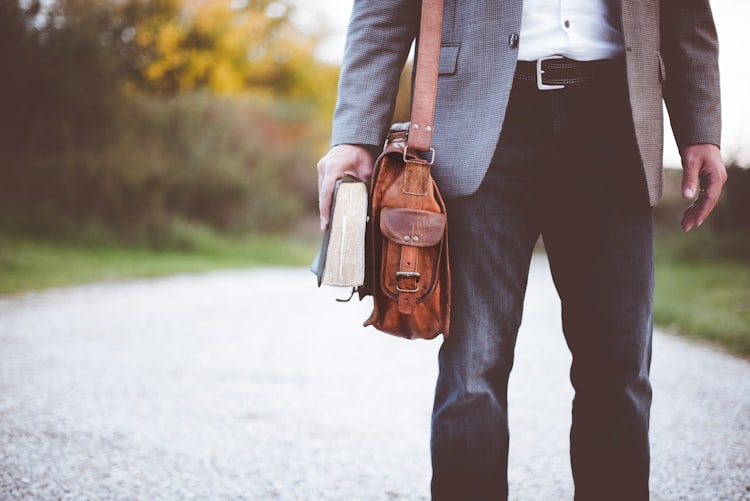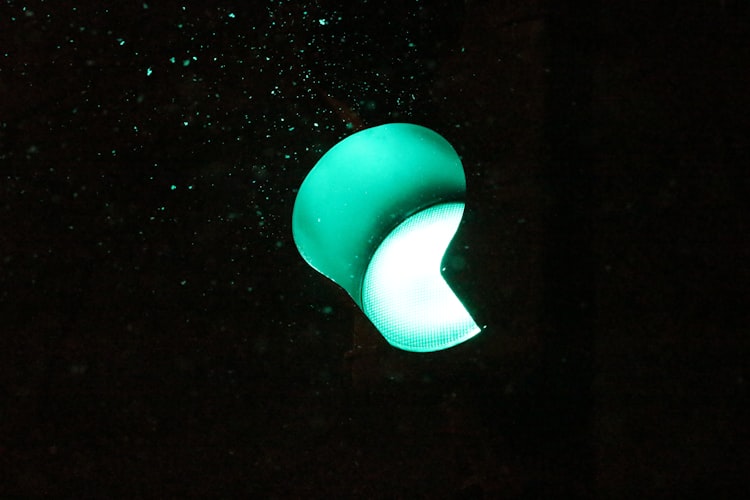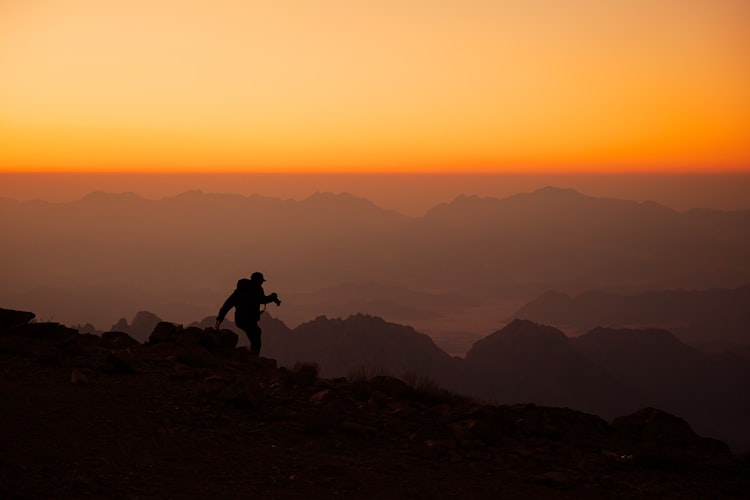City of Blinding Lights
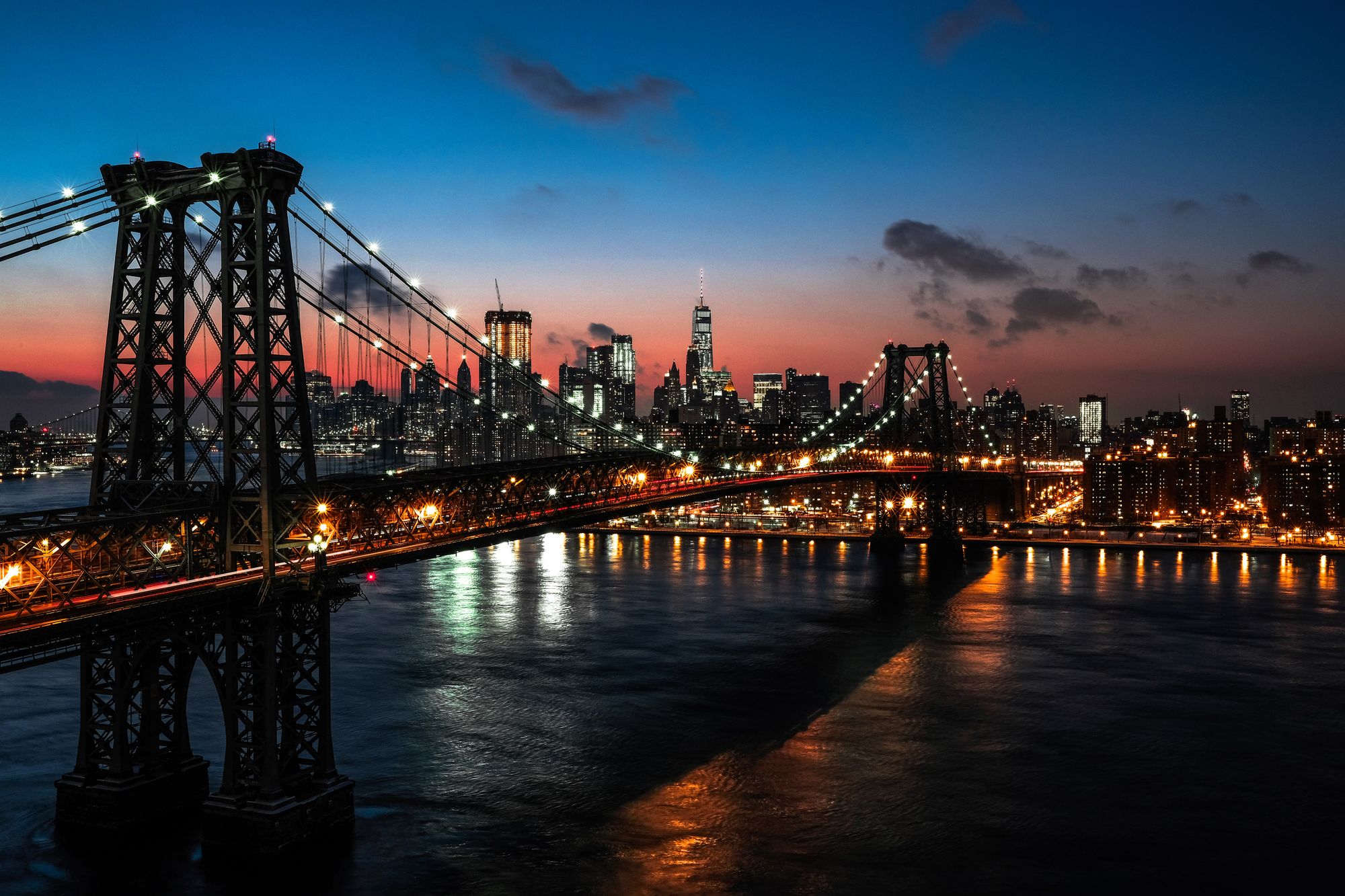
Everything that people say is negative about New York City is true. It’s too noisy, too crowded, too smelly, too expensive.
The people who live there are brusque. They’re constantly in pursuit of more. More money, more power, more wealth. And because you all live on top of each other, you’re constantly reminded of what you don’t have. Being surrounded by so many people, you can either become overwhelmed with sonder and empathy or toughen up and focus on yourself.
I once read, “Everyone in the world is self-centered. It’s only the radius that differs.” New York shrinks that radius. During my time in New York, I found myself becoming slightly more selfish, more callous, more transactional in interpersonal interactions.
Despite all of that, I fucking love New York. It’s the greatest city on Earth.
City of Strivers
New York is a city where the entire world comes together in a melting pot. It’s a city where you can hear just about any language in the world spoken on the subway. Where you can walk out of your apartment and have any cuisine that you could imagine in the next 30 minutes.
If Las Vegas is the id of the US, New York is the country’s ego. An Israeli immigrant once told me: “In New York anyone can become rich. You need to bust your ass to do it...but you can.”
New Yorkers (of the born and raised variety) are the most tolerant and accepting people in the world. They’ve had to get along with cultures from across the globe: people of different races, who speak different languages, have different religious practices. So growing up in this morass of culture, they learn how to get along with others – not in a tiptoe-y PC way, but by learning not to give a shit about what other people do[1] and speaking the truth without qualification.
The subway is a great equalizer in New York. Blue collar workers from the outer boroughs get on the train first, so they often have a seat on the train while the Masters of the Universe stand in their suits.

Living in New York is hard. But that struggle begets motivation. Satisfaction is not a character trait of those who change the world. Much like you need to place your muscles under stress for them to grow, the stress of living in the city creates the motivation and discomfort necessary to create great art and great companies. There is a palpable sense of this communal labor.
In June, when the city was under curfew, I walked into the deli on the corner of Canal and Eldridge in Chinatown. Its windows were boarded up to deter looters that had tried to break in the night before. A man dressed in all black (standard 2020 protest uniform) walked in and started talking to the owner.
He said, “You call me if those looters come around again and I’ll be here in less than five minutes. We’re fucking New Yorkers. We don’t do that.”
That’s New York City.
Enter COVID
All that said, after four months of being quarantined in my Chinatown apartment, I left New York.
Like every other stereotypical millennial, I moved to New York for two reasons:
- Career opportunities
- The culture – restaurants, bars, comedy, art, etc.
And like many others, over the past several months living in New York, I realized the pandemic highlighted all of the negatives of the city without the reciprocal positives. It doesn’t matter that New York is a center of tech when the entire industry is working remotely. And when you can’t take advantage of the amenities of the city, it starts to make a lot less sense to live in a small Manhattan apartment, no matter how convenient the subway access is. Add in the bawling HVAC equipment from the illegal dumpling shop downstairs, the helicopters buzzing directly above my apartment to cover the protests on the Manhattan bridge, and cannibal rats and it was time to leave New York. The eustress of living in New York, that motivating discomfort, became the distress of trying to survive Coronavirus in a tiny apartment.[2]
I find myself nostalgic for what was just a few months ago. I’ll miss New York. I’ll miss getting punched in the face at Trinity Boxing Club, Wednesday night comedy shows in Williamsburg[3], eating and drinking in Red Hook, my favorite bar on the Lower East Side. In summer, the daily ritual of being asked for directions by German tourists in Chinatown. Its labyrinthine streets.

But New York will be strange for the next few years, and for now, I’m using this unique time to do something I never would have done otherwise.[4]
I bought a car and am traveling around the country with my girlfriend, staying in Airbnb rentals for a month at a time. We’re lucky that we’re in a time in our lives where we can do this: old enough to have enough money to hit the road, but young enough to have no kids and no mortgage to tie us down.
Where to? Anywhere with a good WiFi connection and access to the outdoors: college towns[5] and national parks.
Gotham Rises
There are dozens, if not hundreds, of blog posts right now about why people left New York City. But I don’t buy the thesis that New York is dead forever. There is a reason that cities have endured for thousands of years, while the nations encompassing them changed. Rome, Istanbul, Hong Kong, New York – the melding of cultures and dynamism of these cities can’t be replicated remotely. Byrne Hobart argues, “If Covid-19 imposes a shock on every city, the ones with the weakest network effects will unravel, but the rest will survive.”
New York has some of the strongest network effects out there. Just as the rich are getting richer when it comes to commerce moving online (due to the network effects of the internet), so too will network effects help the strongest cities survive COVID when the dust settles. I’m preparing for many "Why I’m moving to NYC" blog posts about three years from now.
There will always be a demand for theater, comedy, and art. The artists aren’t going to suddenly move to suburban America, so New York will remain a Schelling Point for young creatives. For white-collar workers, the option to work remote is not an edict to do so. Those who are young and hungry will still come into the office in the hopes of building up their social capital. Remote work makes a lot more sense once you’re established in your career, have good work practices, and have made a name for yourself as someone who gets things done (regardless of physical location).
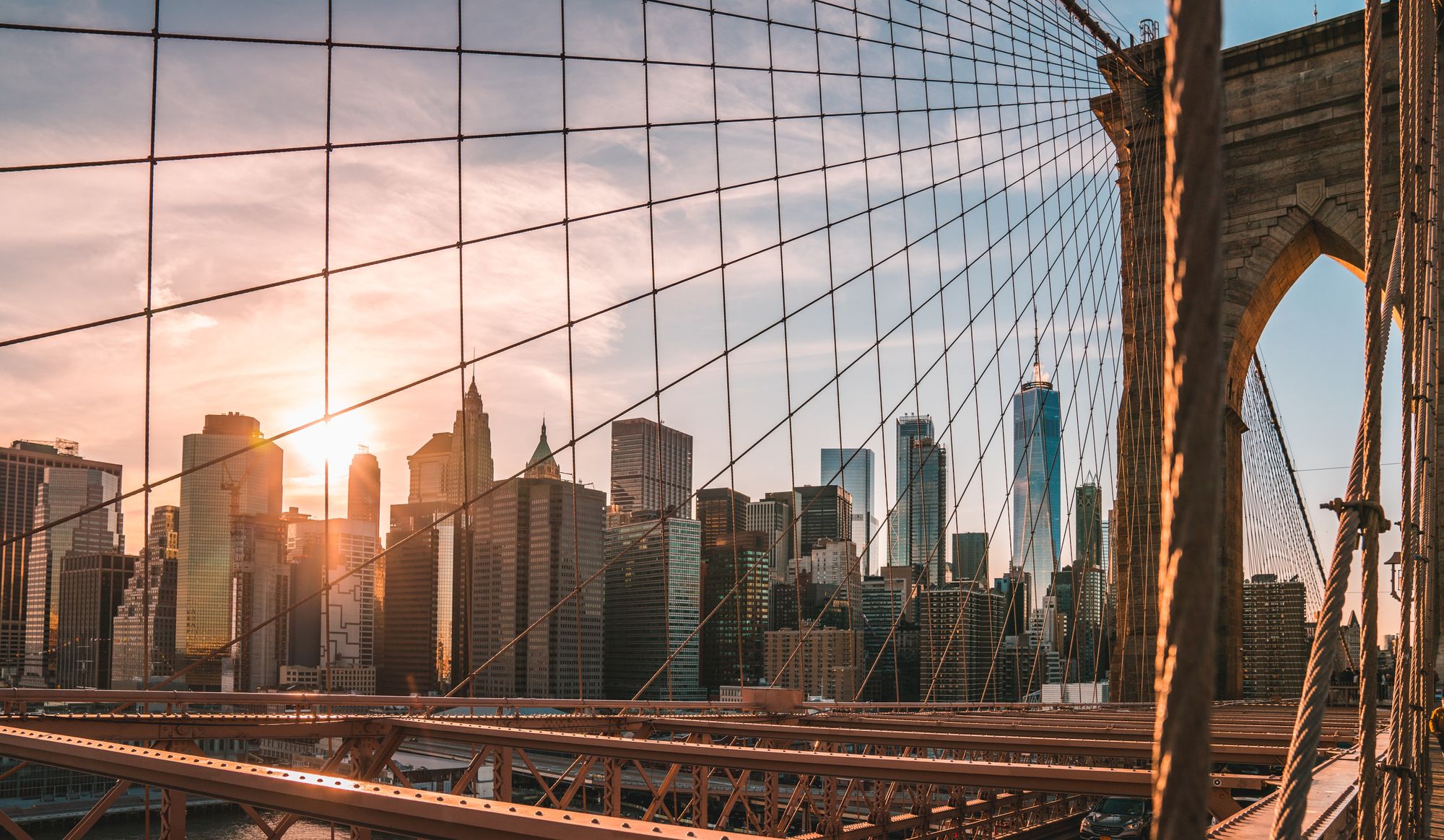
So COVID-19 is a forest fire. While it wreaks destruction in the short term, it will help the overall ecosystem of New York (and other cities) long-term, serving to lower rents so that the city is no longer a playground for only multimillionaires. One of the biggest problems with New York is that living there, you either have the money to enjoy the city, but no time, or the time to enjoy it, but no money. This crisis will lower prices and help address that.
New York isn't dead. It's just undergoing a factory reset.
In Brooklynese, "Minding your own fucking business." Thanks to my girlfriend, born and raised in Brooklyn, for this quote, and for editing this essay (removing most of the clichés). ↩︎
I’ve noticed that I’ve been in a better mood, had more creativity, and been able to output more since leaving the stressful situation in NYC. The academic research supports this. ↩︎
Ebola hotspot long before COVID hit...all the trendsetters are in Williamsburg. ↩︎
Inspiring speech on this topic. ↩︎
Lifestyle cities and college towns – places with good culture, young people, and bars and restaurants like Boulder and Boise – will explode in the next few years. These places offer nearly all of the amenities of the big city (especially now that many jobs are remote) with the added benefit of access to nature and a lower cost of living. Will we also see the rise of intentional living communities (communes), or is that all just Twitter bluster from the tech cognoscenti? ↩︎

